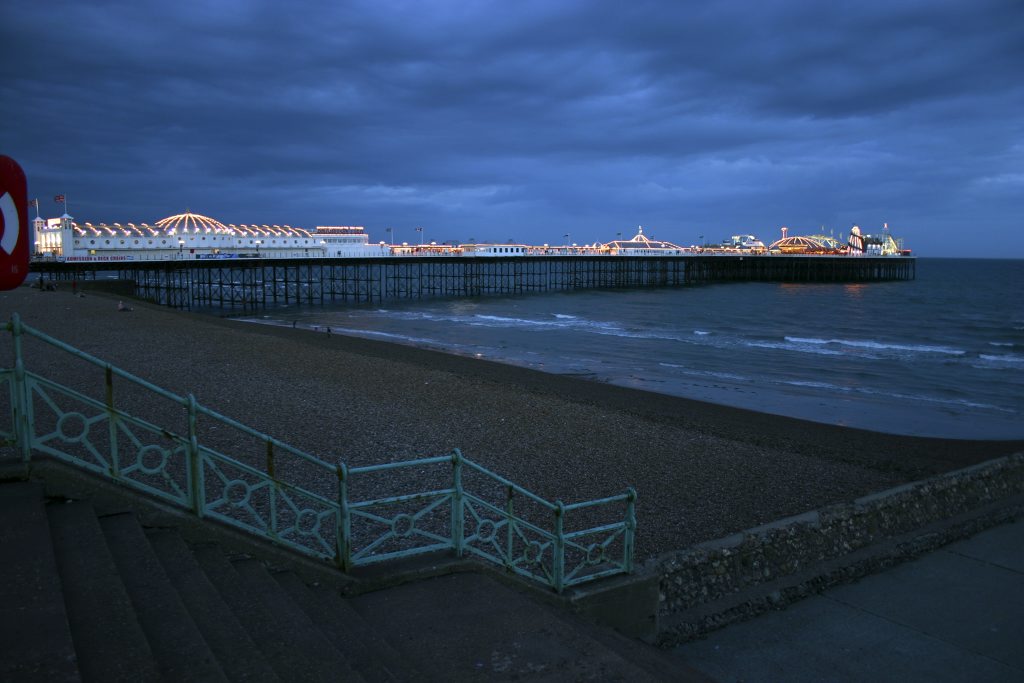Content warning: sexual violence
One in four students have seen someone sexually assaulted on a night out according to a survey done by the University of Sussex Students’ Union’s (USSU).
The Night-time Safety Report, released last week, surveyed 201 students about their experiences on nights out in Brighton.
Although the report shows that 86% of students surveyed believe they are safe on a night out in Brighton, the perceptions of harassment and assault are high; more than half of students perceived sexual harassment in Brighton at night to be commonplace, with one in five believing levels of sexual assault in town to be high.
The report says: “These two results suggest a concerning normalisation of sexual harassment and violence, whereby students are aware of high levels of both, but still consider themselves ‘safe’ regardless”.
The news comes at a time when sexual assault is in the public eye on campus.
The focus is now shifting into town in the wake of last year’s USSU survey and Badger investigation which revealed that sexual violence on campus was widespread and 25 students had experienced unwanted penetration while at university.
USSU Welfare Officer Grainne Gahan said: “One of the most shocking conclusions of our research into nighttime safety is that sexual violence seems to have been accepted by many students as just a normal part of a night out.
“This isn’t the case. Sexual violence in the nighttime economy is the active perpetuation and reinforcement of sexism and other oppressions. “Students shouldn’t tolerate it, or treat it as a fact of life.”
The report also showed that a third of students have seen someone have their drink spiked, with 8% seeing this happen more than once over the last 6 months.
In addition, 21% have seen someone being sexually harassed more than twice over the last 6 months. In response to the report, the Students’ Union has launched the Night-time Safety Charter.
The Charter proposes four measures to tackle sexual harassment and abuse in a nighttime setting: a zero tolerance policy of sexual harassment and assault to be established in venues, staff to take Good Night Out training to prevent and deal with sexual harassment, consent campaign materials to be displayed in venues, and to ensure there is a procedure to take care of students as they leave clubs.
Nationally, 1 in 3 female students have experienced some form of sexual assault, abuse or harassment according to the Telegraph’s findings in January 2016. 1 in 8 male students had been subject to the same, and 1% of all students surveyed nationally had been raped at university.
Venues that meet these conditions will be added to a list of those meeting the requirements of the charter and will be promoted by the Student’s Union.
Ms Grahan added: “We’re asking the Brighton community – and particularly venues – to come together to prioritise the safety of students by all taking forwards a package of measures… It’s our hope that by taking these small steps together we can produce a better, safer night out for everyone”.
The report also recommends a night-time welfare team to be set up and funded by the university. The team will be located in “hotspots” offering assistance to vulnerable students. Including helping students get home, giving them water and signposting safe spaces and services for reporting harassment and abuse.
Susuana Amoah, the USSU Consent Campaign Facilitator will be organising the zero tolerance policy training for the Student’s Union as well as playing a role in getting clubs to sign up to the Nighttime Safety Charter.
She said: “I think it’s alarming that we’ve seen such a large percentage of students stating that they’ve seen and experienced sexual harassment and assault and this is normalised. Its unacceptable that methods of reporting these incidents are not accessible for so many students.
The training that the Good Night Out campaign offers is designed as an interactive workshop that covers a range of topics. This includes: how staff can help create an environment that doesn’t tolerate harassment, how to respond to someone disclosing harassment or sexual assault and practical ways to deal with a situation of harassment.”

